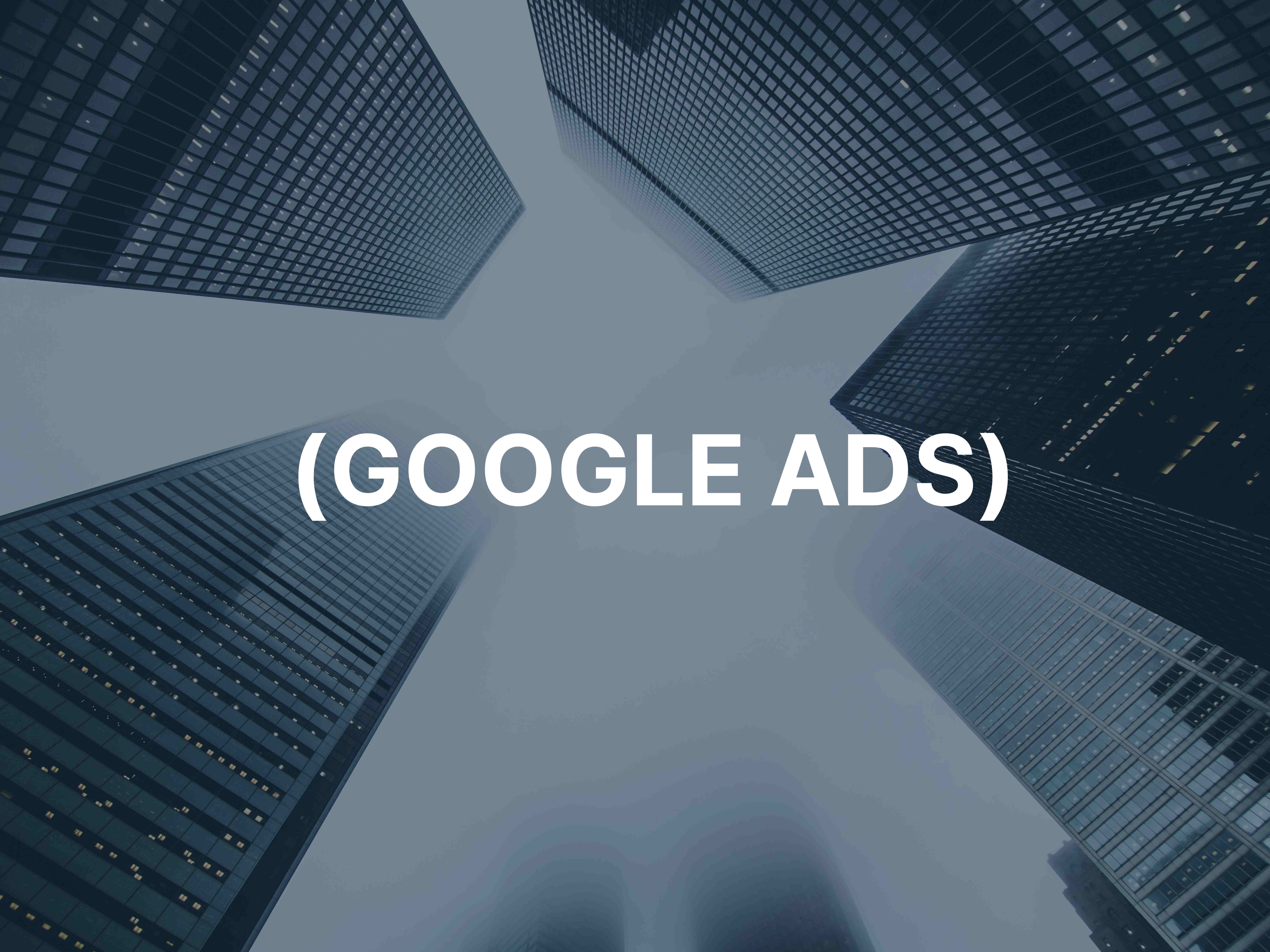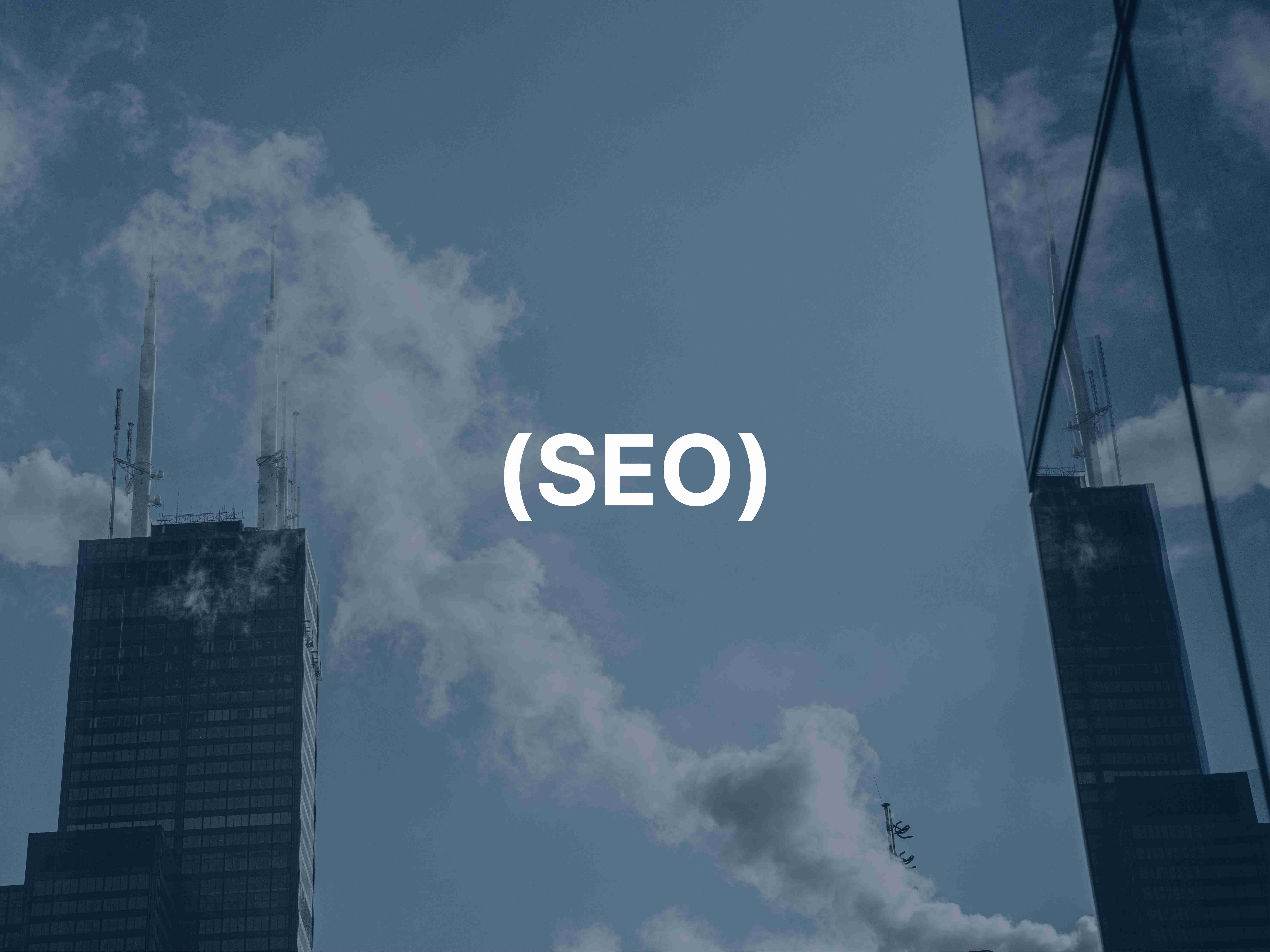Pay-per-click (PPC) advertising has become a staple in the digital marketing toolkit, but many small business owners wonder if it's worth the investment. With limited marketing budgets, it's crucial to allocate resources to channels that deliver the best return. This article explores whether PPC advertising makes sense for your small business and how to approach it strategically.
5 Key Points:
- Immediate Visibility: Unlike SEO, PPC delivers immediate visibility and traffic, allowing new businesses to compete with established competitors from day one.
- Precise Targeting: Modern PPC platforms offer granular targeting options that can reduce wasted ad spend by 30-40% compared to traditional advertising methods.
- Measurable ROI: PPC provides detailed performance metrics that allow you to calculate exact return on investment and optimize campaigns based on data.
- Budget Control: Start with as little as $10-20 per day and scale up gradually as you identify profitable campaigns, maintaining complete control over spending.
- Strategic Implementation: Success depends on proper keyword research, compelling ad copy, and optimized landing pages—not just how much you spend.
1. Understanding the Value Proposition of PPC
PPC advertising operates on a simple premise: you only pay when someone clicks on your ad. This model offers several distinct advantages for small businesses:
- Immediate Results: Unlike SEO, which can take months to show results, PPC can drive traffic to your website within hours of launching a campaign.
- Precise Targeting: PPC platforms allow you to target users based on location, demographics, interests, search intent, and even previous interactions with your business.
- Measurable Performance: Every aspect of a PPC campaign can be tracked and measured, from impressions and clicks to conversions and revenue.
- Budget Control: You decide exactly how much to spend daily or monthly, and can adjust budgets in real-time based on performance.
A local HVAC company in Plano launched a PPC campaign targeting emergency repair searches and generated 12 new service calls in the first week, with an average value of $380 per call. Their $500 ad spend yielded approximately $4,560 in revenue—a 912% return on ad spend (ROAS).
2. When PPC Makes Sense for Small Businesses
PPC isn't right for every business in every situation. Here are scenarios where PPC typically delivers strong results for small businesses:
- High-Value Services or Products: If your average sale value is high enough to offset the cost of acquisition, PPC can be very profitable. Service businesses with average tickets of $200+ often see strong returns.
- Urgent Need Services: Emergency services (plumbing, HVAC repair, locksmith) benefit from PPC because customers searching for immediate help are highly motivated to convert.
- Competitive Local Markets: In crowded markets where organic visibility is difficult to achieve, PPC offers a way to appear alongside or above established competitors.
- Seasonal Businesses: Businesses with seasonal peaks can use PPC to capitalize on high-demand periods without year-round marketing commitments.
- New Business Launch: New businesses can use PPC to generate immediate awareness and leads while building organic presence over time.
A new residential cleaning service in Arlington used PPC to target "move-out cleaning" and "deep cleaning" searches. Within two months, they acquired 28 new clients at an average cost of $32 per acquisition, with an average first service value of $285.
3. Calculating the Potential ROI
Before investing in PPC, it's important to understand the economics of your business and set realistic expectations for return on investment. Here's a simplified formula to estimate potential ROI:
- Determine your customer lifetime value (CLV): Average purchase value × Average purchases per year × Average retention time in years
- Estimate your conversion rate: For local service businesses, conversion rates typically range from 3-10% for well-targeted campaigns
- Calculate maximum cost per click (CPC): (CLV × Profit margin × Conversion rate) ÷ Target ROI
For example, if your average customer is worth $1,000 over their lifetime, your profit margin is 30%, your conversion rate is 5%, and your target ROI is 300%, your maximum CPC would be:
($1,000 × 0.30 × 0.05) ÷ 3 = $5.00 per click
This means you could profitably spend up to $5 per click and still achieve your target ROI. In many local service industries, clicks can be purchased for $2-4, making PPC potentially very profitable.
4. Common PPC Pitfalls for Small Businesses
While PPC can deliver strong returns, many small businesses make mistakes that diminish their results:
- Inadequate Keyword Research: Targeting overly broad keywords leads to wasted spend on irrelevant clicks. Focus on specific, high-intent keywords related to your services.
- Poor Landing Page Experience: Sending PPC traffic to your homepage rather than a dedicated landing page can reduce conversion rates by 30-50%.
- Neglecting Negative Keywords: Failing to exclude irrelevant search terms can waste 20-30% of your budget on unqualified clicks.
- Set-and-Forget Approach: PPC requires ongoing optimization. Campaigns left unattended typically see performance decline over time.
- Ignoring Mobile Users: Many small businesses fail to optimize their ads and landing pages for mobile devices, despite 60%+ of searches occurring on mobile.
A landscaping company in Frisco initially struggled with PPC, spending $1,200 with minimal results. After refining their keyword targeting, creating service-specific landing pages, and optimizing for mobile, they reduced their cost per lead from $85 to $28 while maintaining the same budget.
5. Getting Started with PPC on a Small Budget
You don't need a massive budget to test PPC for your small business. Here's a practical approach to getting started:
- Start Small and Focused: Begin with a budget of $300-500 per month, focusing on your highest-value services and most specific keywords.
- Choose the Right Platform: Google Ads reaches the broadest audience, but Bing Ads (Microsoft Advertising) often has lower costs per click and less competition. Facebook and Instagram ads work well for businesses with strong visual appeal.
- Create Compelling Landing Pages: Develop simple, focused landing pages for each service you're advertising, with clear calls-to-action and mobile optimization.
- Set Up Proper Tracking: Implement conversion tracking to measure phone calls, form submissions, and other valuable actions resulting from your ads.
- Test and Iterate: Run your initial campaigns for at least 2-4 weeks, then analyze the data and make incremental improvements based on performance.
A small law firm in Dallas started with a $15/day budget targeting specific practice areas. After six weeks of testing and optimization, they identified their most profitable keywords and ad variations, then gradually increased their budget to $50/day for those high-performing campaigns, generating 3-5 qualified leads per day.
The Verdict: Is PPC Worth It?
For most small service businesses in the DFW area, PPC advertising can be a worthwhile investment when approached strategically. The key factors that determine success are:
- The lifetime value of your customers relative to acquisition costs
- The quality and conversion rate of your website and landing pages
- Your ability to target specific, high-intent keywords
- Your commitment to monitoring and optimizing campaigns
Rather than asking if PPC is worth it in general, the better question is whether you have the right strategy and execution to make it worth it for your specific business.
At New Age Adaptation, we help small service businesses in the DFW area implement cost-effective PPC strategies that deliver measurable returns. Our approach focuses on targeted campaigns that maximize your marketing budget while driving qualified leads to your business.
Ready to explore if PPC is right for your business? Schedule a free consultation with our team to discuss your specific goals and market.



